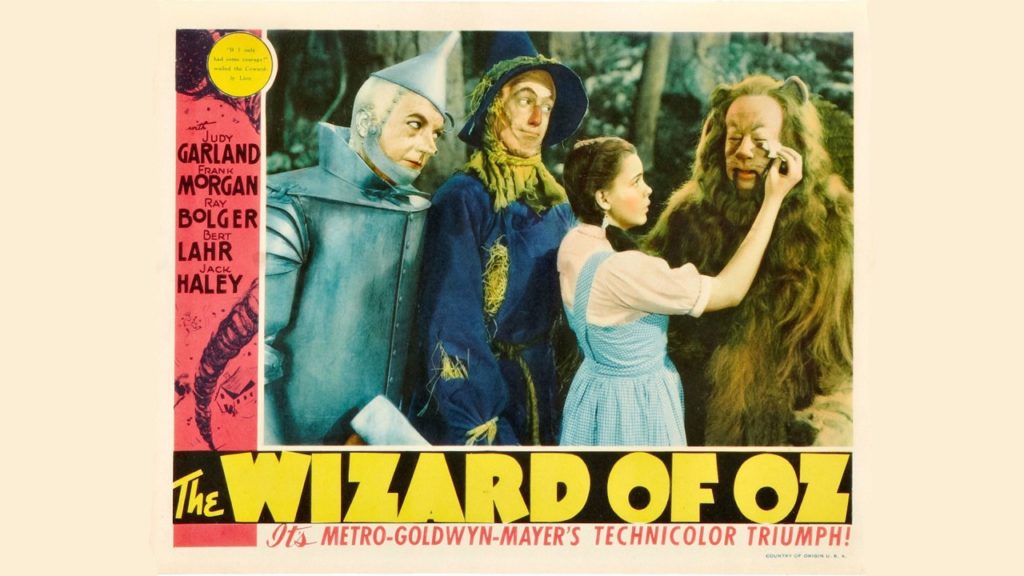Have you ever watched the film The Wizard of Oz? As a child, it seemed to come on every Christmas, and I used to love watching it. My favourite character amongst Dorothy’s friends was the lion who lacked courage.
He joined the journey to find the Wizard of Oz because he thought himself cowardly and wanted to be courageous. But just like the other characters in the film and what they thought they lacked; the courage was already within him.
It is a bit like you and me. Courage is within us, but negative life experiences, other peoples’ opinions, oppressive systems, and other ‘stuff’ can get in the way of us seeing that we are courageous.
When you are the quietest amongst a leadership team of loud, domineering personalities, it can be a barrier to being courageous. Not speaking up for fear of being shot down or being spoken over may keep you from expressing your opinion and getting your voice heard.
This lack of courage can also negatively impact other aspects of your effectiveness as a leader and how others perceive you. When courageous leaders are also leaders of integrity, they inspire confidence and instil trust. People see that the risks that they take are for the greater good.
Courageous leaders are seen as decisive, visionary, and capable of guiding their teams through challenging situations. Their courage can inspire others to overcome obstacles and achieve success.
In The Wizard of Oz, the lion (who is supposed to be the king of the beasts) believes that his fearfulness means he is inadequate. But courage is not a lack of fear. It is doing what is needed even though it may be fearful. According to Aristotle, courage is the first virtue humans need to possess because with courage all other virtues are possible.
Courage is resistance to fear, mastery of fear and not the absence of fear – Mark Twain
The more responsibility you have as a leader, the more it requires you to be courageous. Having to make tough decisions and take risks requires courage. If you lack confidence or doubt yourself, speaking up courageously when you are the quietest in the room, can be challenging. A fear of rejection, a fear of failure, and a fear of the unknown can make you lack courage and the confidence to do so.
The lion in The Wizard of Oz thought he needed some magical potion or something from the wizard to make him instantly courageous. He eventually discovered that he always had courage within him. Acts of bravery along the journey to Oz were a display of his courage.
He focused too much on his fears and insecurities and did not see his own inner strength. His lack of confidence and self-awareness hindered him from seeing the courage that he had.
This is something I often see when I am coaching leaders. Their focus is on their perceived shortcomings and their fears and insecurities. This self-focus only magnifies their fears and makes them feel anxious. Feeling anxious stops them from being courageous.
With this realisation, we address their fears, breaking down what it is that they are fearful of. They counteract this with what they could do if their worst fears were to happen, focusing on their strengths and how they can use them in a given situation.
Recognising their depth of knowledge and expertise, and preparing in advance, shifts the focus from themselves to the outcome they want to deliver. They then go into situations where they are the quietest in the room feeling confident, assertive, and courageous.
Overcoming your fears, knowing your stuff, believing in yourself, and being assertive enables you to be courageous even when you are the quietest in the room.

